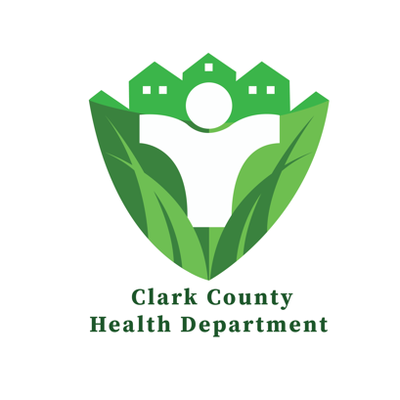Clark County Health Department Warns About Bird Flu
Monday, April 4th, 2022 -- 12:00 PM

On March 14th, the Wisconsin Department of Agriculture, Trade and Consumer Protection announced Wisconsin’s first confirmed case of highly pathogenic avian influenza, also known as the “bird flu.”
According to the Clark County Health Department, the virus was found in a commercial poultry flock in Jefferson County. On March 31, 2022, the Wisconsin Department of Natural Resources stated that HPAI has also been detected in wild birds throughout Wisconsin.
Wild bird species infected include the Cooper hawk, bald eagle, lesser scaup, red-tailed hawk, Canada goose, and trumpeter swan. Avian influenza is a highly pathogenic virus that generally only affects birds.
The virus circulates among the wild bird population and can change and mutate like many other flu viruses. Avian influenza can affect various birds, including migratory waterfowl (ducks and geese) and poultry (chicken and turkeys).
At this time, Clark County does not have any confirmed cases of avian influenza in domestic or wild birds. However, with the migration of waterfowl happening as the weather begins to warm in northern regions of the United States, the transmission of the virus may be more likely.
How does avian influenza spread? Birds act as hosts to influenza viruses by carrying the virus in their intestines and shedding it in bodily fluids, such as saliva, nasal secretions, and feces. Other birds become infected when they come in contact with these fluids.
Humans can become infected through contact with infected poultry or contaminated fluids. Avian flu can spread from birds to people and cause serious illness and even death.
Fortunately, avian influenza has not mutated to a point where it could easily spread from person to person. It's difficult to predict if, or when, that might happen, or if it will result in an influenza pandemic.
People who have gotten sick with avian influenza have been in direct contact with infected birds. According to the CDC, HPAI does not present an immediate public health concern and no human cases of avian influenza have been found in the United States.
Could I get sick eating infected poultry products? It is highly unlikely that infected poultry would enter the U.S. food supply. If it did, proper handling and cooking poultry to an internal temperature of at least 165 degrees kills the virus.
What are the clinical signs of HPAI in birds? HPAI viruses are highly contagious and often fatal to domestic poultry. The virus can be spread by contact with infected birds, equipment, or clothing worn by those working with the animals.
Signs of HPAI in infected birds include:
- Sudden death, possibly without clinical signs;
- Decrease in egg production or soft-shelled/misshapen eggs;
- Nasal discharge, coughing, sneezing;
- Swelling of the head, eyelids, comb, wattles, and hocks;
- Lack of energy and appetite;
- Difficulty breathing;
- Stumbling, falling down;
- And diarrhea.
What steps can I take to protect my flocks? DATCP continues to encourage everyone in Wisconsin working with or around poultry to practice enhanced biosecurity measures to protect their flocks including: Implement enhanced biosecurity practices on your premises.
This includes sanitation and restricting the movement of people, animals, and equipment. The U.S. Poultry & Egg Association's biosecurity checklist and self-assessment can help. Discourage co‐mingling of waterfowl and domestic birds and poultry; move all birds indoors if possible.
Prevent access to surface water and the surrounding environment by poultry and prevent wild birds’ access to poultry feed, water, and other environments strictly for poultry.
As a reminder, it is required that any person housing birds, either for commercial practices or in a “backyard” flock have them registered. Premise registration can be completed on the premises registration webpage. For more information on HPAI and, more specifically, biosecurity, visit DATCP’s HPAI in Wisconsin page.
What should I do if I observe HPAI symptoms in my poultry? Anyone who observes sick or dead birds should minimize contact with them. Do not touch dead birds or wildlife with your bare hands. If you have to touch a dead bird, wear gloves or use a plastic bag to put it in the garbage. Wash your hands with soap and water after handling and throw away any gloves.
Please immediately report domestic or wild bird illness and/or death to the Clark County Health Officer/Director-Brittany Mews at 715-743-5106. For general questions regarding HPAI, please contact Dillon Brost, Environmental Health Specialist/Sanitarian at 715-743-5116.
Feel free to contact us with questions and/or comments.




